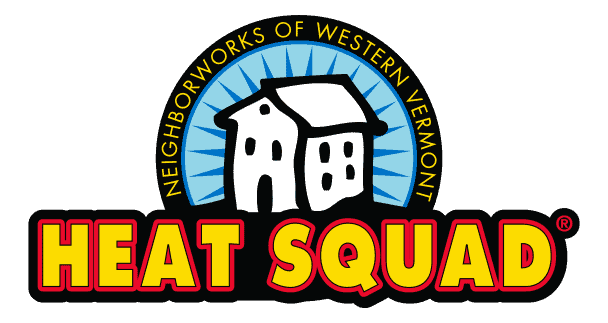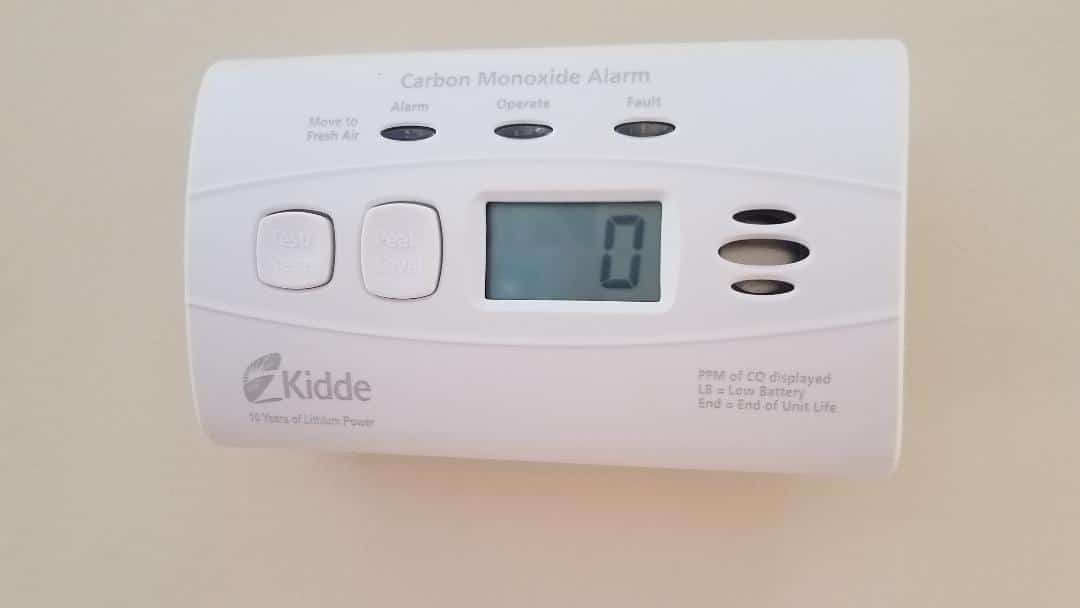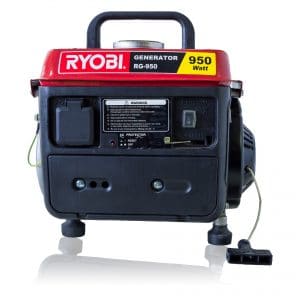When winter temperatures drop, the risk of carbon monoxide poisoning in the home increases. There is a big connection between health and homes and the HEAT Squad team takes health and homes very seriously. Many factors influence health and safety in a home including the big stuff you can see such as mold issues or poor water quality, but there are also the unseen dangers that come from poor air quality and toxins in the home. An unhealthy home can lead to health issues such as asthma, cardiovascular disease, cancers, and other illnesses. One of the most dangerous risks is carbon monoxide poisoning. This risk is higher in the colder months when we have power outages that lead to many homeowners using generators or gas instruments in the home. To keep your home and family safe, knowing and understanding the risks associated with carbon monoxide is important. Read on to find out what it is, what causes it and how to prevent risk to your family and home.
What is Carbon Monoxide?
Carbon monoxide is a toxic gas that has no taste, color, or smell. It is produced when fuel such as wood, gas, oil, or kerosene is burned. Between 2010 and 2015, over 2,240 deaths resulted from unintentional carbon monoxide poisoning (CDC, March 2017). Acute exposure to high levels of carbon monoxide can cause long-term neurological disorders, unconsciousness, coma, cardiorespiratory failure, and death. Chronic small-scale exposure can cause fatigue, dizziness, headache, and disorientation which are the common symptoms of this poison. If you or any of your family members have these symptoms or suspect carbon monoxide in your home, call 911 or a health care professional right away.
Carbon Monoxide and Winter:
Carbon Monoxide exposure increases in winter because of the homes increase in heating systems. It is found in the fumes produced by furnaces, heaters, gas stoves, portable generators, or wood stoves (among other heating elements). The use of gasoline-powered generators, portable stoves, and space heaters are some of the more widely used winter emergency devices that can omit this gas. Everyone is susceptible to this poisonous gas, but the elderly, young children and people with preexisting health problems account for more cases.
Carbon Monoxide Prevention:
Carbon Monoxide poisoning is entirely preventable, follow these tips to prevent this in your home:
- Install carbon monoxide detectors in your home and change the batteries every six months
- Have your heating system, water heater, and any other gas, oil, or coal appliance checked by a technician every year
- Keep your vents and flues clear, especially after storms where snow could block the openings
- Never run motor vehicles, generators, or any gas-powered engine inside your home OR within 20 feet of your home
- If carbon monoxide is already there open windows and leave your home. Call a technician within 24 hours.
How HEAT Squad Can Help:
Our HEAT Squad energy auditors are also equipped to conduct healthy home evaluations. If you think your home might need an evaluation, give our auditors a call. Our goal is to help keep everyone safe, healthy and energy-efficient, especially during the winter months. Call 802-438-2303 to schedule an appointment or visit our site at www.heatsquad.org for more information.







